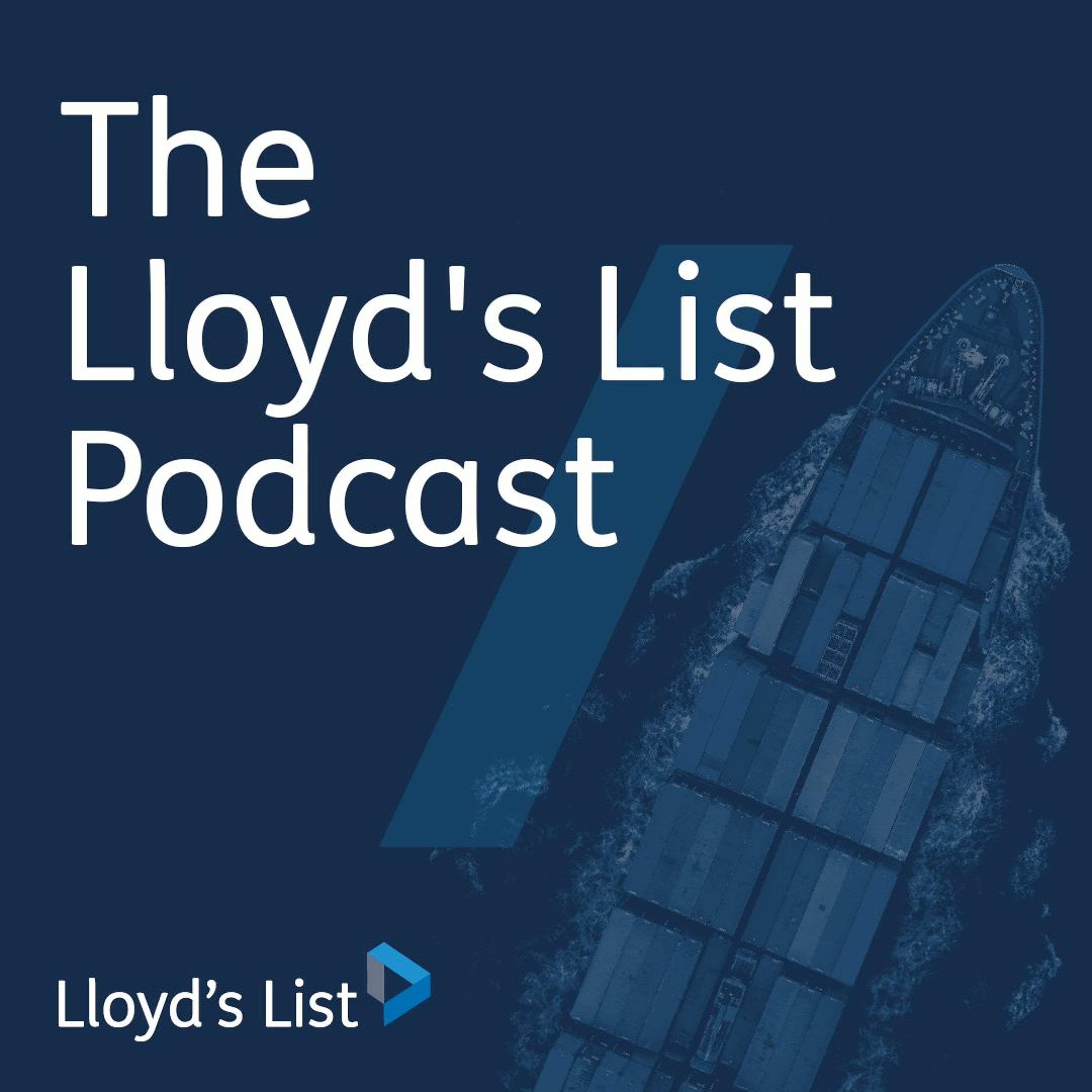
The Lloyd’s List Podcast: Why don’t shipping companies have a credible ESG plan?
Lloyd's List: The Shipping Podcast
Shownotes Transcript
The lack of transparency and substance being attached to ESG announcements in shipping has become a pretty consistent theme of the Lloyd’s List Podcast over the last few years. We have paraded a long queue of earnest environmentalists and eager executives in front of you, all saying the same thing - that change is afoot. But what does that actually look like in terms of boardroom decisions, and are decision really being made or just talked about? There’s no shortage of press releases touting ESG credentials, but as one of the more honest shipowners we spoke to this week explained frankly: “we don’t have the balance sheet to save the world”. The reality is that many, if not most climate policies triumphantly announced by companies (and arguably governments) lack depth, detail and credible intermediate targets if you are measuring them against strict science-based targets aligned to the Paris 1.5 degree goals. Creating credible ESG strategies is difficult. Quite apart from the lack of regulatory or pricing certainty, the corporate overhauls required to genuinely change processes and future-proof company initiatives for tomorrow is a step above what most small companies struggling to keep up with today’s compliance challenges can deliver right now. And that’s a problem, because while the large corporates are racing ahead with sustainability initiatives chasing a competitive advantage today, tomorrow that same sustainability requirement becomes more about having a licence to operate. What is voluntary right now, will become mandatory requirements for companies and will be important when they seek to raise capital. Shipping has fallen behind other industries on ESG commitment. Those that have made progress are mainly large, global companies, representing only part of the world fleet. Thousands of vessels, millions of seafarers and gigatonnes of CO2 are currently not covered by ESG ambitions. This is not about deliberate greenwashing, this is about the sheer scale of change required from companies over the next few years and the fact the reality that many shipping companies are struggling. Joining regular podcast host Richard Meade this week to discuss these issues are: Tanja Dalgaard is Chief Strategy & Operations Officer and part of the Leadership Team at the Mærsk Mc-Kinney Møller Center for Zero Carbon Peter Jameson is the global topic lead for sustainability and climate within Boston Consulting Group's Infrastructure, Cities & Transport team. Dr Jean-Marc Bonello is a principal consultant at UMAS International, a lead author of the Sea Cargo Charter and co-author of the Fourth IMO GHG Study.